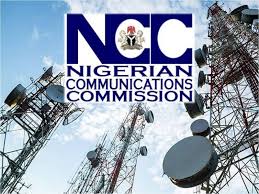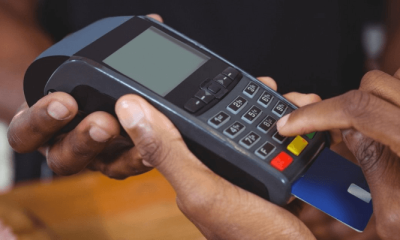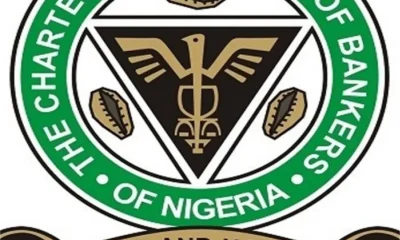Business
N250 Billion USSD Debt Dispute: CBN, NCC Issue Joint Directive

- NCC Outline New Operational Guidelines For USSD Services
- CBN and NCC lnstructs banks to Settle 85% of all Outstanding Invoices by December 31
- Telecom operators threatening to suspend USSD
The Central Bank of Nigeria (CBN) and the Nigerian Communications Commission (NCC) have issued a final directive to resolve the long-standing N250 billion Unstructured Supplementary Service Data (USSD) debt dispute between Deposit Money Banks (DMBs) and Mobile Network Operators (MNOs).
Eko Hot Blog gathered that in a joint circular dated December 20, 2024, the acting Director of Payments System Management at the CBN, Oladimeji Taiwo, and the Head of Legal and Regulatory Services at the NCC, Chizua Whyte, outlined a structured payment plan for clearing the debt and introduced new operational guidelines for USSD services.
EDITOR’S PICK
- LASWARCO Seals Peak Milk, Coca-Cola, Guinness Factories
- Lagos First Lady Applauds Market Leaders’ Efforts in Ensuring Hygiene and Compliance
- Sanwo-Olu Says Lateef Jakande Leadership Academy Key to Lagos State’s Excellence
For debts incurred prior to the implementation of Application Programming Interfaces in February 2022, the directive mandates that 60% of these debts must be paid as full and final settlement.
Payment agreements, either in lump sums or installments, are required to be finalized by January 2, 2025, with full settlement due by July 2, 2025.
Furthermore, the CBN and NCC have instructed banks to settle 85% of all outstanding invoices by December 31, 2024, for debts arising after February 2022, and to ensure that 85% of future invoices are settled within one month of issuance.
In an effort to facilitate the resolution process, both regulators have directed the involved parties to discontinue all ongoing litigation related to the USSD debt issue, warning that non-compliance may result in severe regulatory sanctions.
“In view of the foregoing, the CBN and NCC hereby direct that all DMBs and MNOs adhere strictly to the outlined payment terms to ensure final resolution of this matter. Failure to comply will result in sanctions,” the circular stated.
The move comes amid mounting pressure from telecom operators, who had earlier called for a clear payment framework to address the debt, which has strained relationships between the banking and telecom sectors.
Additionally, the regulators emphasized the transition to end-user billing for USSD services, noting that it would only apply to banks and telcos that meet the outlined payment obligations.
Pending this transition, operators are required to implement a “10-seconds rule,” ensuring sessions shorter than 10 seconds are not billed.
The circular further highlighted the opportunity for banks currently using prepaid billing systems to migrate to EUB, subject to regulatory approval.

The CBN and NCC reiterated their commitment to resolving the debt impasse, stating that the measures are aimed at fostering stability in both the financial and telecommunications sectors while ensuring the continued availability of USSD services for Nigerians.
In Nigeria, USSD is vital for financial inclusion, particularly in rural areas where smartphone penetration and internet access are limited.
FURTHER READING
Banks heavily rely on it, especially for mobile banking services, and it is also used for services like airtime top-ups, bill payments, and other telecom services.
The debt crisis has persisted for years, with telecom operators threatening to suspend USSD services unless payments are made.
While smaller banks have reportedly begun repaying their obligations in installments, tier-one lenders—responsible for the bulk of the debt—are yet to make significant payments, according to the Chairman of the Association of Licensed Telecom Operators of Nigeria, Gbenga Adebayo.
Click here to watch video of the week
Advertise or Publish a Story on EkoHot Blog:
Kindly contact us at [email protected]. Breaking stories should be sent to the above email and substantiated with pictorial evidence.
Citizen journalists will receive a token as data incentive.
Call or Whatsapp: 0803 561 7233, 0703 414 5611












